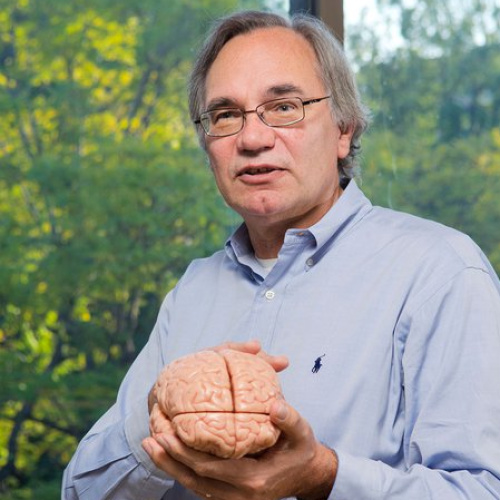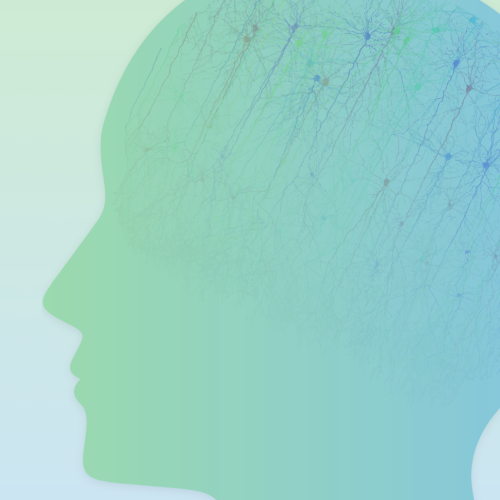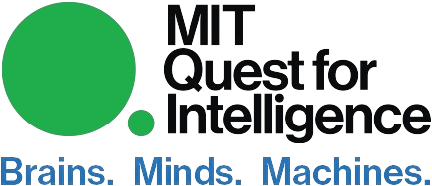Past Events
-

Mission & Platform Update: Perceptual Intelligence & Intelligence Observatory
Date: Tues., Oct. 28th, 4PMLocation: 45-792In this research update, Quest Director Jim DiCarlo and Quest Research Scientist Michael J. Lee will present current research from the Perceptual Intelligence Mission and the Intelligence Observatory Platform. -

Quest Seminar Series: Prof. Richard Andersen, CalTech
Date: Tues., Oct. 14th, 2025Location: Singleton AuditoriumProf. Richard Andersen is the James G. Boswell Professor of Neuroscience at CalTech and specializes in visual physiology. He will speak in Singleton with the Quest on October 14th. -

Quest Seminar Series: Dr. Marcel Binz, Helmholtz Institute
Date: Tues., Sept. 30, 4PMLocation: Singleton AuditoriumMarcel Binz, research scientist and deputy head of the Helmholtz Institute for Human-Centered AI in Munich, will speak with the Quest for Intelligence on Tuesday, September 30th. -

Platform Update: Brain-Score
Date: Tues., Sept. 9, 4PMLocation: 45-792Recent research and updates to the Brain-Score platform will be shared by Quest Research Scientist Kartik Pradeepan on Tuesday, September 9th. -

Quest | CBMM Seminar Series: Prof. Nidhi Seethapathi
Date: Tues., May 6th, 4PMLocation: Singleton AuditoriumMIT Assistant Professor of Neuroscience Nidhi Seethapathi will present a seminar to the Quest and CBMM communities on May 6th. Her lab works to build predictive models to help understand human movement using a combination of theory, computational modeling, and experiments. -

Research Update: Scaling Inference
Date: Tues., April 29th, 2025, 4PMLocation: 45-792Join BCS' Vikash Kumar Mansingkha for a round-table discussion about the Scaling Inference initiative at the Quest. -

Quest | CBMM Special Seminar: Adi Shamir
Date: Fri., April 25th, 4PMLocation: MIBR Reading Room, 46-5165Cryptographer Adi Shamir to speak in a special seminar as part of the Quest | CBMM event series. -

Mission Update: Perceptual Intelligence
Date: Tues., April 15th, 2025, 4PMLocation: 45-792Quest Director Professor Jim DiCarlo is joined by BCS Research Scientist Vikash Kumar Mansingkha to discuss the Perceptual Intelligence mission.
